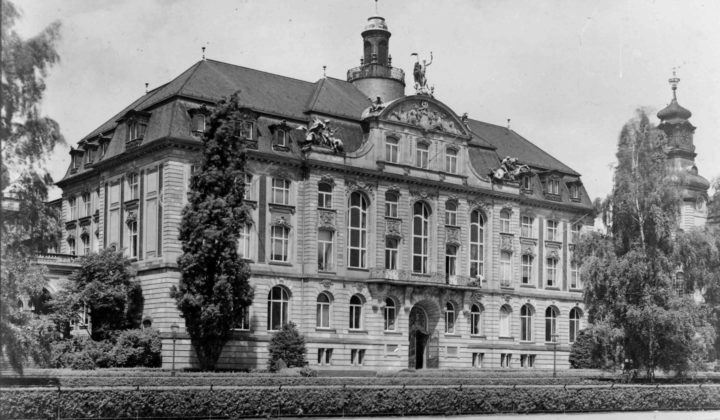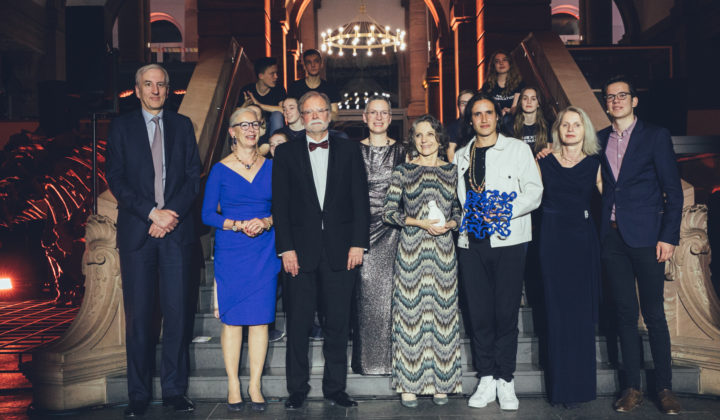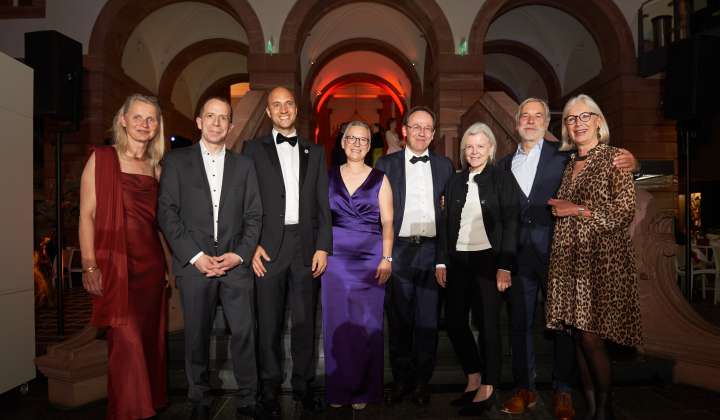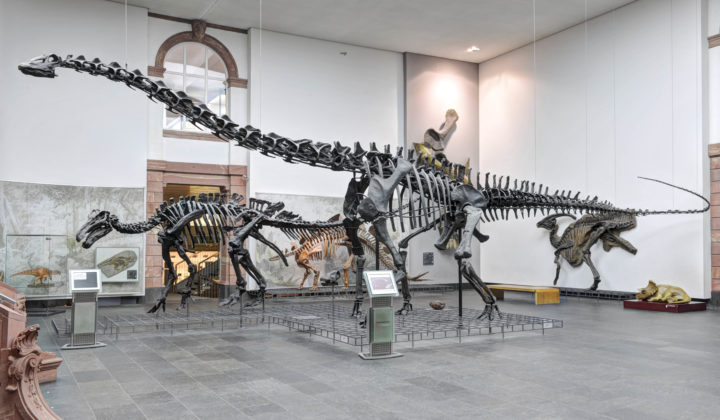Wolfgang Strutz Doctoral Prize
With its research institutes, the Senckenberg Gesellschaft für Naturforschung (SGN) stands for modern bio- and geodiversity research and societally relevant analyses of the processes and changes in the Earth System.
This research, and the approximately 200-year history of the Society, are closely linked to scientific collections and thus the documentation of past, present, and future diversity. It has long been recognized that biodiversity must be preserved not only for moral, aesthetic, or economic reasons, but that it is vital for us humans. Overpopulation, changes in land use, and climate change have a dramatic impact on biodiversity; the correlations must be researched in depth and the consequences reliably assessed. We therefore need – more than ever before – excellently trained biodiversity researchers who work with state-of-the-art methods while at the same time possessing a solid knowledge of the diversity of organisms and experience in working with scientific collections.
Senckenberg cooperates with various universities, in particular with the Goethe University in Frankfurt/Main, and participates in the training of PhD students. In this context, we particularly emphasize the organismic aspect and the importance of the scientific collections.
In order to promote young scientists in this field, the Senckenberg Gesellschaft für Naturforschung generally awards the Wolfgang Strutz Doctoral Prize every two years to honor outstanding achievements by young scientists.
The prize is awarded for an outstanding dissertation in the field of biology, paleontology, or geology that has made an important contribution to the study of bio- or geodiversity, its origin and change, and that was written on the basis of Senckenberg collection material or at/in cooperation with one of the Senckenberg Institutes.
The doctoral prize is endowed with 10,000 Euros, which are earmarked for use in the award winner’s scientific work or further qualification.
The prize is named in honor of the long-time president (1999-2008) of the Senckenberg Gesellschaft für Naturforschung, Prof. h.c. Wolfgang Strutz, and is awarded at the Senckenberg Research Institute and Natural History Museum in Frankfurt am Main.





